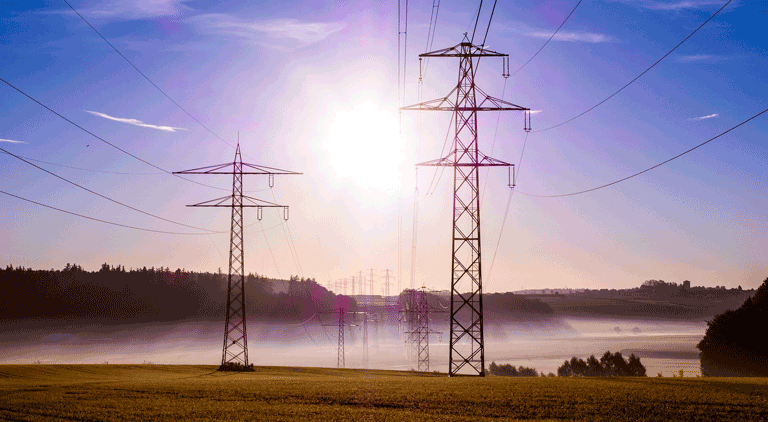IEEFA: India’s power distribution sector needs further reform
By EPR Magazine Editorial March 17, 2020 6:17 pm
By EPR Magazine Editorial March 17, 2020 6:17 pm

The precarious financial health of DISCOMs coupled with a lack of competition is undermining India’s power distribution and generation sectors and hindering much needed new renewable energy investment, a new IEEFA briefing note has found. Published by the Institute for Energy Economics and Financial Analysis (IEEFA), the note is the third in a series highlighting reforms needed across India’s power sector to enable the country to reach its ambitious and much needed renewable energy target of 450 gigawatts (GW) by 2030.
The note India’s Power Distribution Sector Needs Further Reform, finds power distribution sector is the weakest link in the entire value chain of the Indian power sector. Author of the note, IEEFA energy analyst Vibhuti Garg, says that state-owned DISCOMs continue to suffer huge financial losses which is a problem because they control the distribution of quality and reliable power to Indian households and businesses, a critical prerequisite to sustained economic growth in India.
“DISCOM reforms such as UDAY were initially encouraging but the tariff gap and losses have rebounded in the last two years,” says Garg.
DISCOMs’ are failing, once again, to meet long outstanding payments to power generators, up to ₹74,900 crore as on December 2019. Further, DISCOMs’ total outstanding debt to banks and financial institutions is a massive ₹2,28,000 crore in FY2018/19. Obfuscating the depth of their financial distress, Garg notes DISCOMs are curtailing power received from energy generators, including from zero marginal renewable energy projects they are contractually bound to take. Further, some state DISCOMs are forcibly renegotiating legally contracted tariffs, which is introducing sovereign risk to India’s power sector.
“This situation is increasing the risk for power generators, including renewable energy generators and their financial backers,” says Garg. “Unresolved problems in distribution are compounding existing financial distress in the power generation sector, which is already suffering significant, ongoing stranded asset risk. The crippled DISCOM sector must be made profitable, cross-subsidies need to be reduced, and government subsidies better targeted to the poor. Introducing competition and other reforms can help with that.”
We use cookies to personalize your experience. By continuing to visit this website you agree to our Terms & Conditions, Privacy Policy and Cookie Policy.